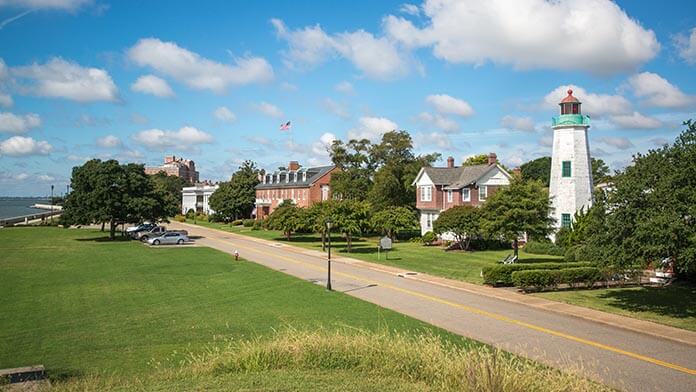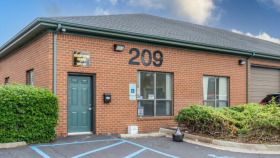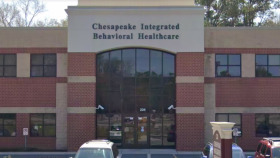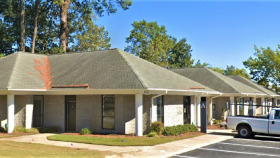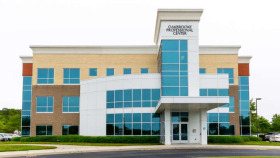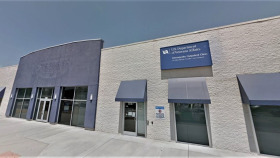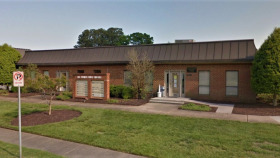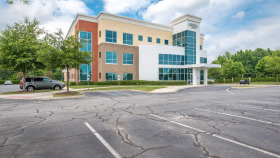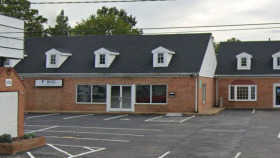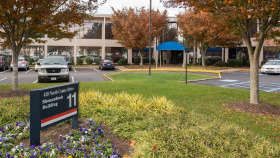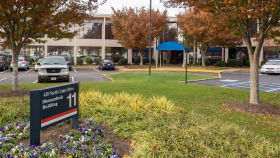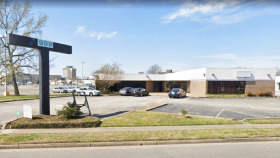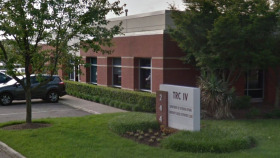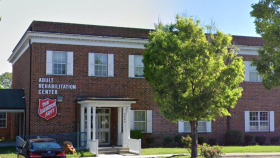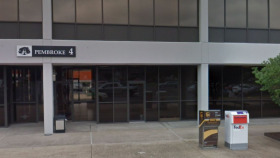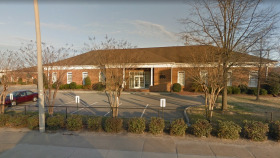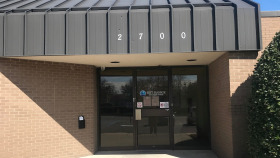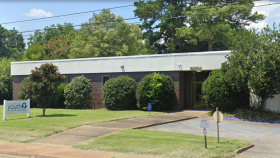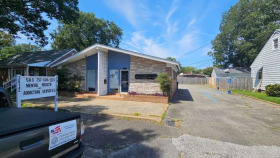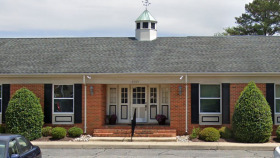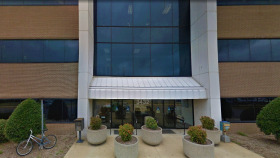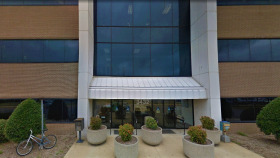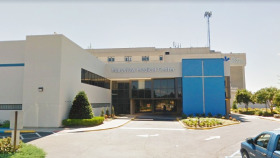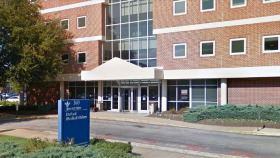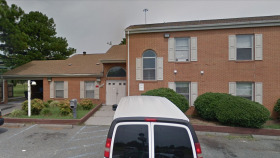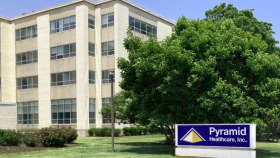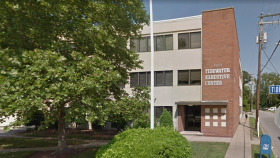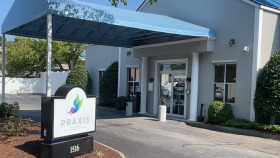Expert Insights
Chesapeake Regional Medical Center’s emergency department has evolved into a critical intervention point over the last four years. In early 2019, the Chesapeake area was struggling with the opioid epidemic. When patients would present to the ER for a possible overdose, the staff would simply give over-the-counter medications to treat the nausea or diarrhea and send them on their way.
The tactic certainly wasn’t making a positive impact on the epidemic. In late 2019, however, the ER began prescribing FDA-approved medications for the treatment of opioid addiction (namely buprenorphine / naloxone, also known as Suboxone) on the spot and making immediate appointments for those patients to see local addiction specialists. The change in treatment methods has made an enormous difference.
~ Nikki Seay
How Expensive is Drug Rehab in Chesapeake?
The cost of Chesapeake alcohol rehab typically varies by program. How much you will pay depends on several influences, such as:
Treatment setting (inpatient versus outpatient)
Features and amenities (such as upscale offerings)
Duration of program (30 days versus 90 days)
Which insurance providers and plans the program accepts
Government funding
Location (urban versus rural)
Resources
- Chesapeake, Virginia Population 2022 (Demographics, Maps, Graphs). (n.d.). Worldpopulationreview.com.
- Centers for Disease Control and Prevention. (2022, March 1). Drug Overdose Mortality by State. Center for Disease Control and Prevention.
- Virginia Department of Health. (2022). Emergency Department Visits for Unintentional Drug Overdose Among Virginia Residents
- City of Chesapeake (2021). Chesapeake Integrated Behavioral Healthcare (CIBH).

